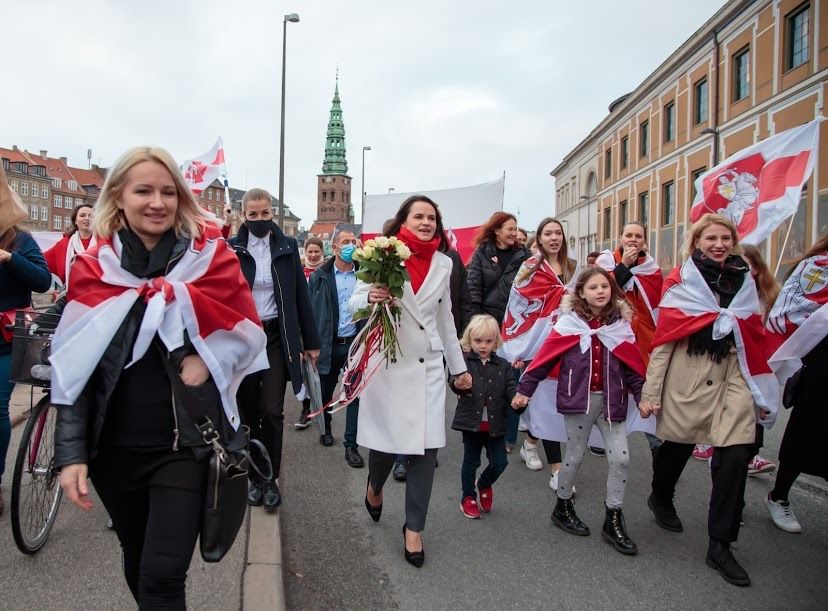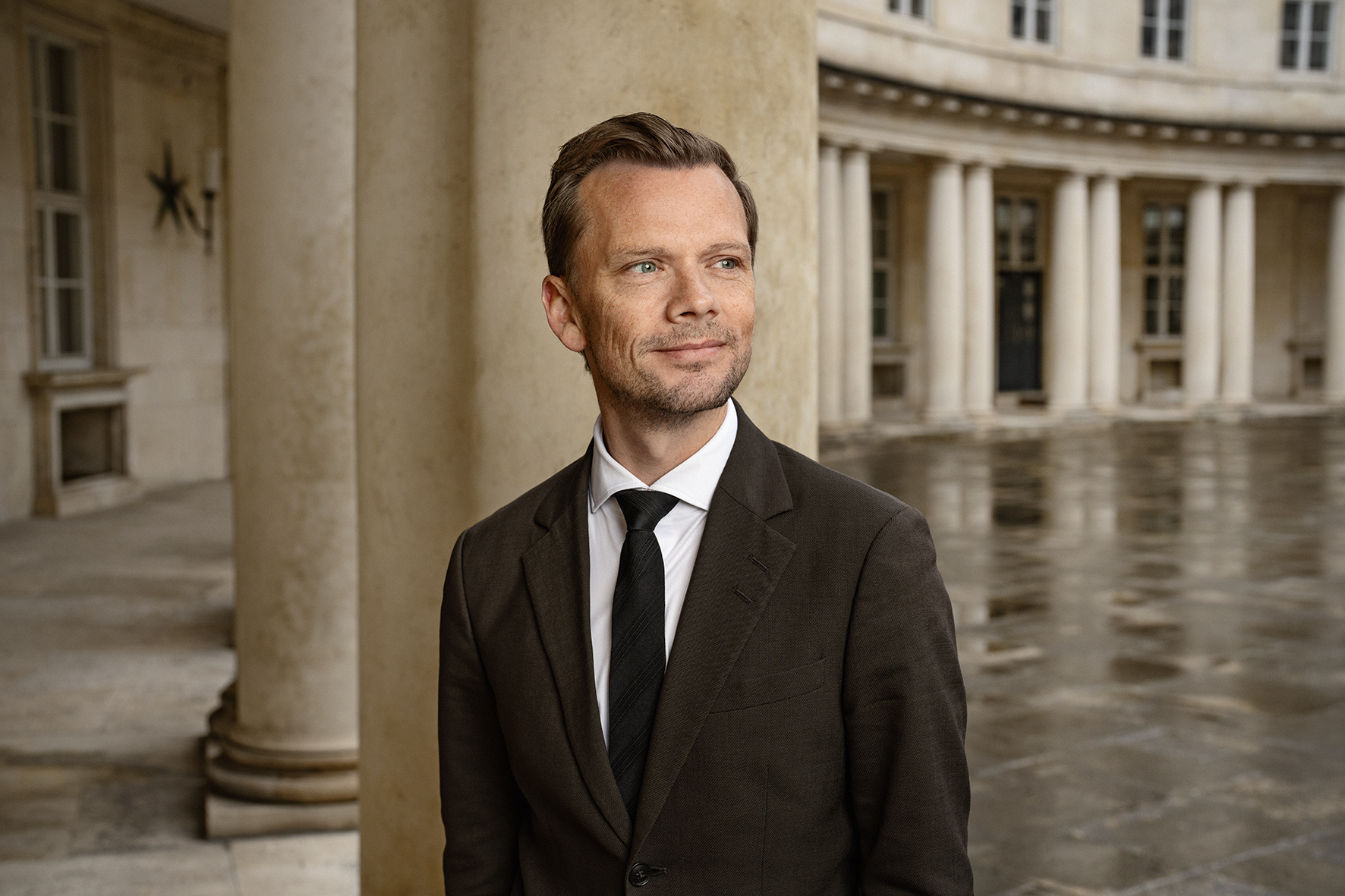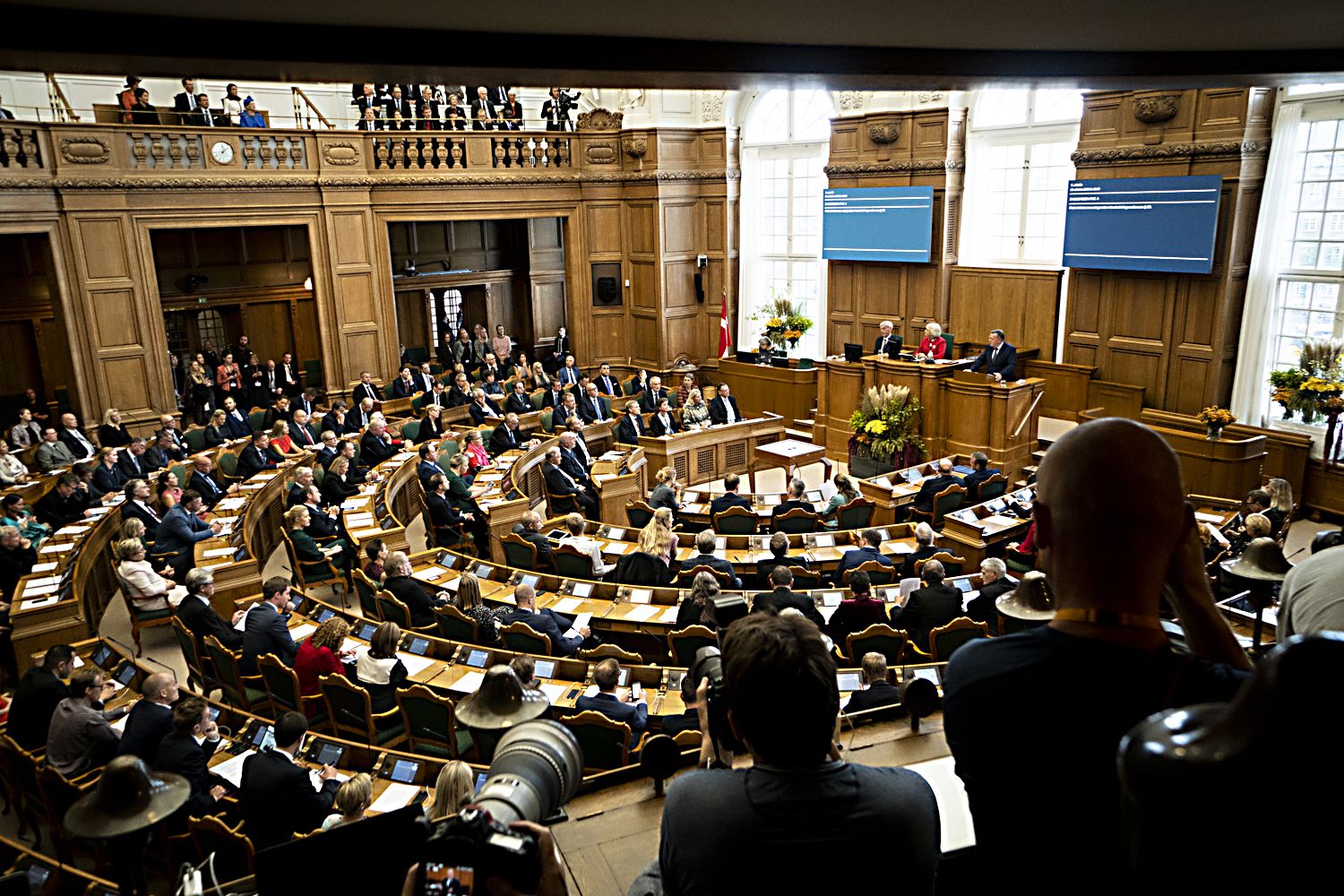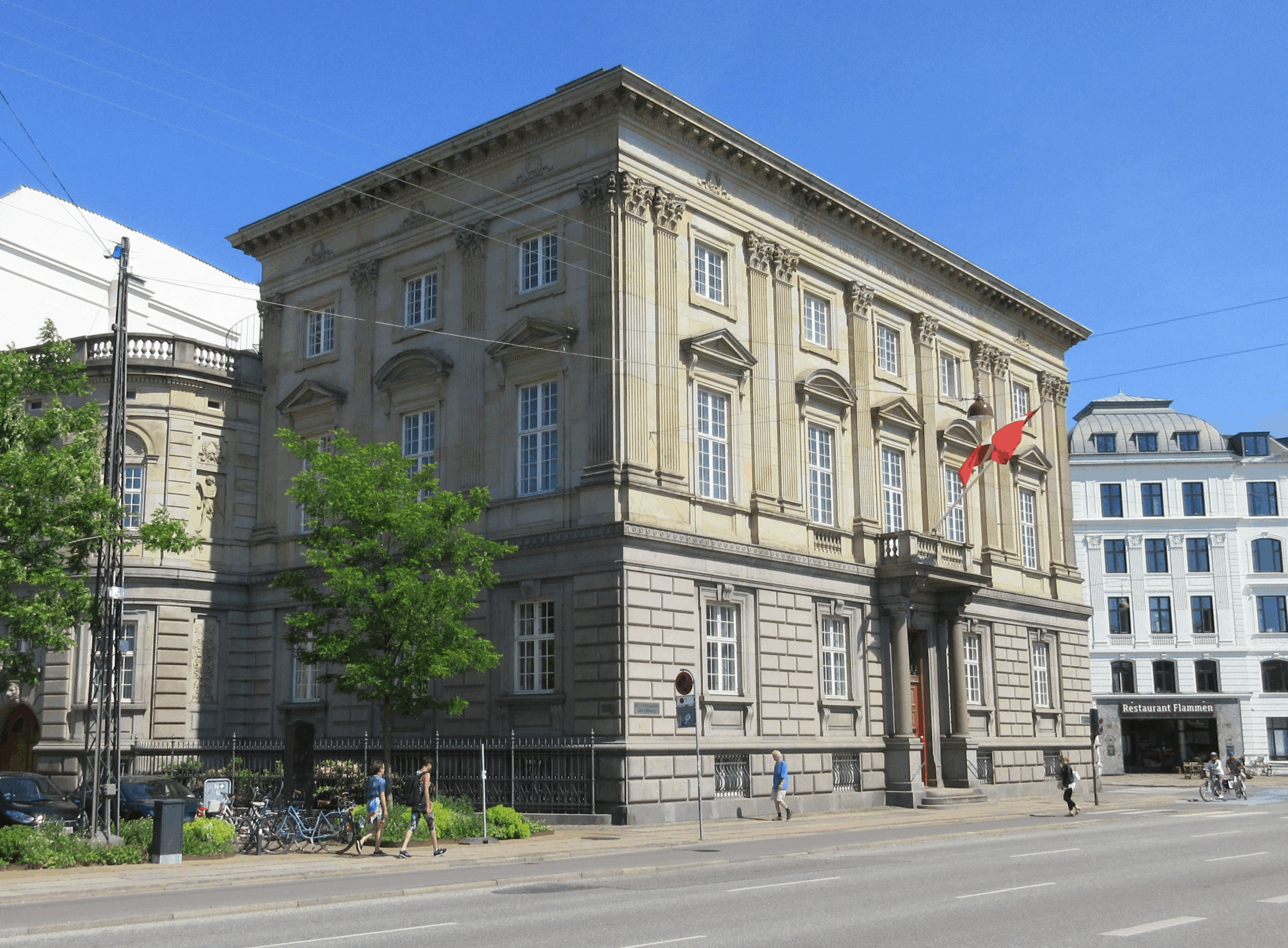It would be a considerable challenge to find any media in the world that would introduce Svetlana Tikhanovskaya as a housewife. But that’s precisely what she was only a couple of months ago.
Now, the Belarusian opposition leader has transformed into a fully-fledged politician – communicating with European leaders and international organisations alike.
And this week, for the first time, she visited Denmark.

Grateful for Denmark’s stance
Tikhanovskaya was in Copenhagen to receive the Politikens Frihedspris award – and accompanying 100,000 kroner – awarded to individuals or organisations that fight for freedom rights.
But Denmark is much more than that to the opposition in Belarus – Tikhanovskaya also met with PM Mette Frederiksen, foreign minister Jeppe Kofod and other government and civil society officials during her stay.
The Danish government has been vocal supporters of the movement and has led the EU sanctions charge against long-time strongman president Aleksandr Lukashenko.
“There is a lot of news around the world, but we want people to not forget about us. The more people are aware, the more support we get from the international society and the more pressure is on the regime,” Tikhanovskaya said at a press conference on Thursday.
“We are so grateful that Denmark is among the countries to impose sanctions on the current regime.”

A nation galvanised
Since the announcement of the controversial presidential election results in August, tens of thousands of people across Belarus have hit the streets to protest every day.
It’s not the first time that Belarusians come out in numbers to protest in the wake of a Lukashenko election ‘win’. But this time is different.
This year is unusual, not only because of the sheer scale of the protest movement, but due it attracting immense international coverage and support.
That’s underscored by Denmark and the rest of the EU standing firmly behind the opposition in Belarus and levelling sanctions against the Lukashenko regime.
Tikhanovskaya was also among ten Belorussian opposition figures, who were awarded the Sakharov Prize for Human Rights by the European Parliament this year.
As is the case with the prize money awarded for Politikens Frihedspris, the 50,000 Euro received will be donated to volunteers in Belarus.
“The main goal of our foreign visits is not to amuse our ego but to do everything to help the Belarusians at home. The prize money will help volunteers who help us disseminate information, for example, through Telegram. ” Franak Viačorka, Tikhanovskaya’s senior adviser, told CPH Post.
“For instance, they allow people to unite and share the news about the protests in their own backyards. It is crucial because our fate is now being decided on the streets of Minsk and other cities in Belarus.”
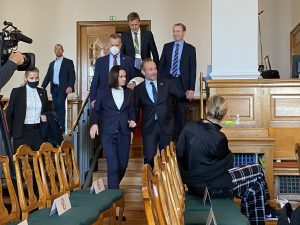
Nationwide strike
Tikhanovskaya’s visit to Denmark comes just days before a key opposition ultimatum to Lukashenko expires on Monday, October 26.
Three clear conditions were set: the current president must announce his resignation, violence in the streets must stop and all political prisoners must be released.
Should these requirements not be met, the opposition has called for the Belarusians to launch a national strike in all enterprises and educational institutions. They are also asked to block roads and cause a collapse in sales in state stores.
Indeed, tomorrow could see the regime face the biggest demonstrations yet.

Constitutional amendments
It is yet unknown how many people could afford to stop working and join the strike. However, it is clear that Lukashenko is not going to vacate his position by tomorrow.
Instead, Lukashenko will most likely try to appease citizens through making amendments to the constitution, a move that is also supported by Russia – which remains a Lukashenko ally.
“The reform of the Constitution, which has begun, will provide answers to many questions. But at the same time, maintaining stability is a critical condition for the development of the state and society,” Sergei Naryshkin, the head of the Russian Foreign Intelligence Service, told BELTA earlier this week.
Whatever happens in the coming days and weeks, the pressure on Lukashenko has never been as immense.
And that doesn’t look to be changing anytime soon. The movement is here to stay, contends Tikhanovskaya.
“Our fight is difficult to suppress because it is disorganized. We have a lot of leaders. This regime can’t imprison one person, and everything will be ruined. Even if I disappear, this movement will continue,” she said.

